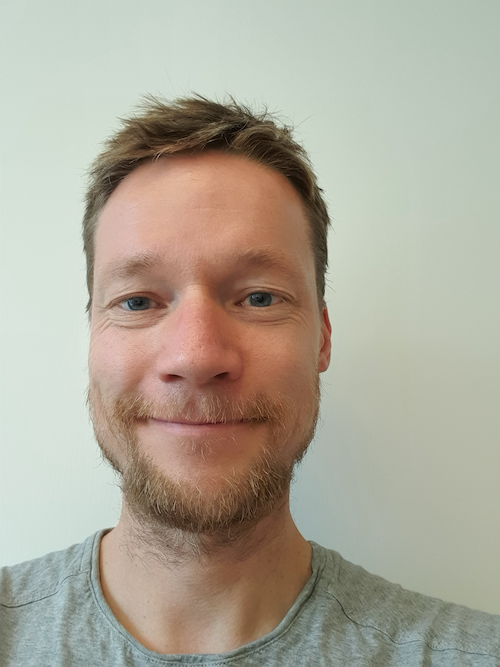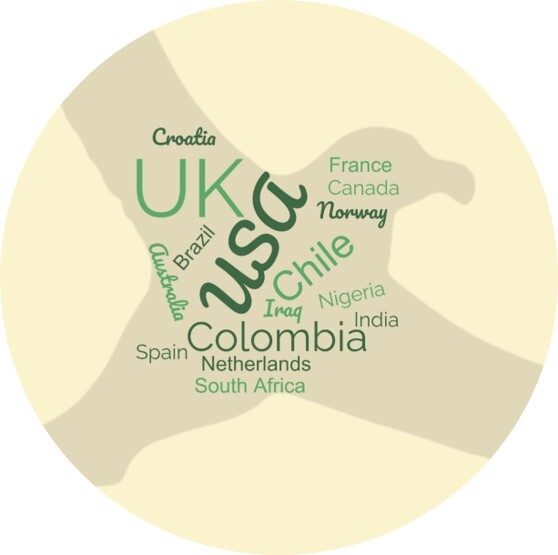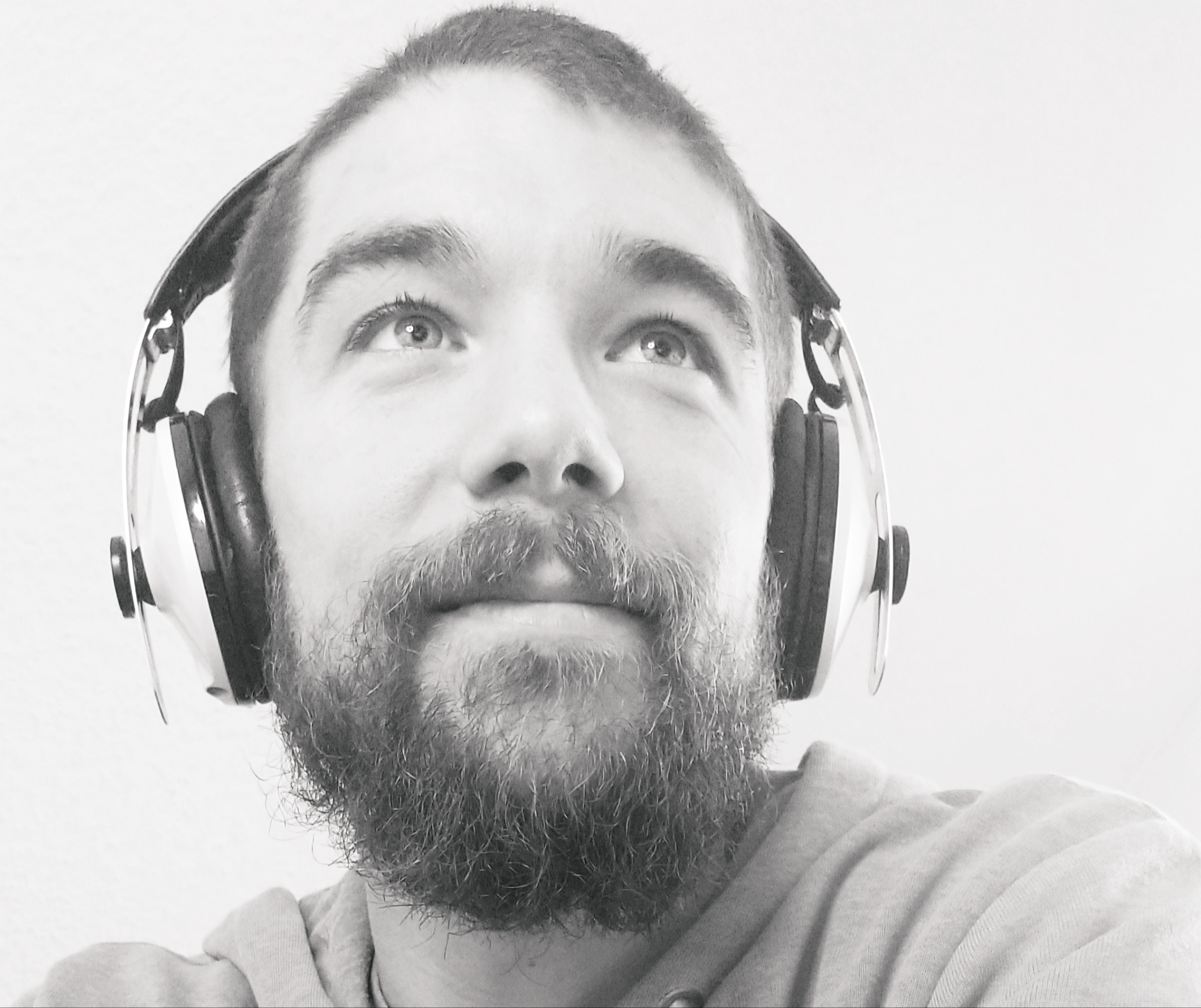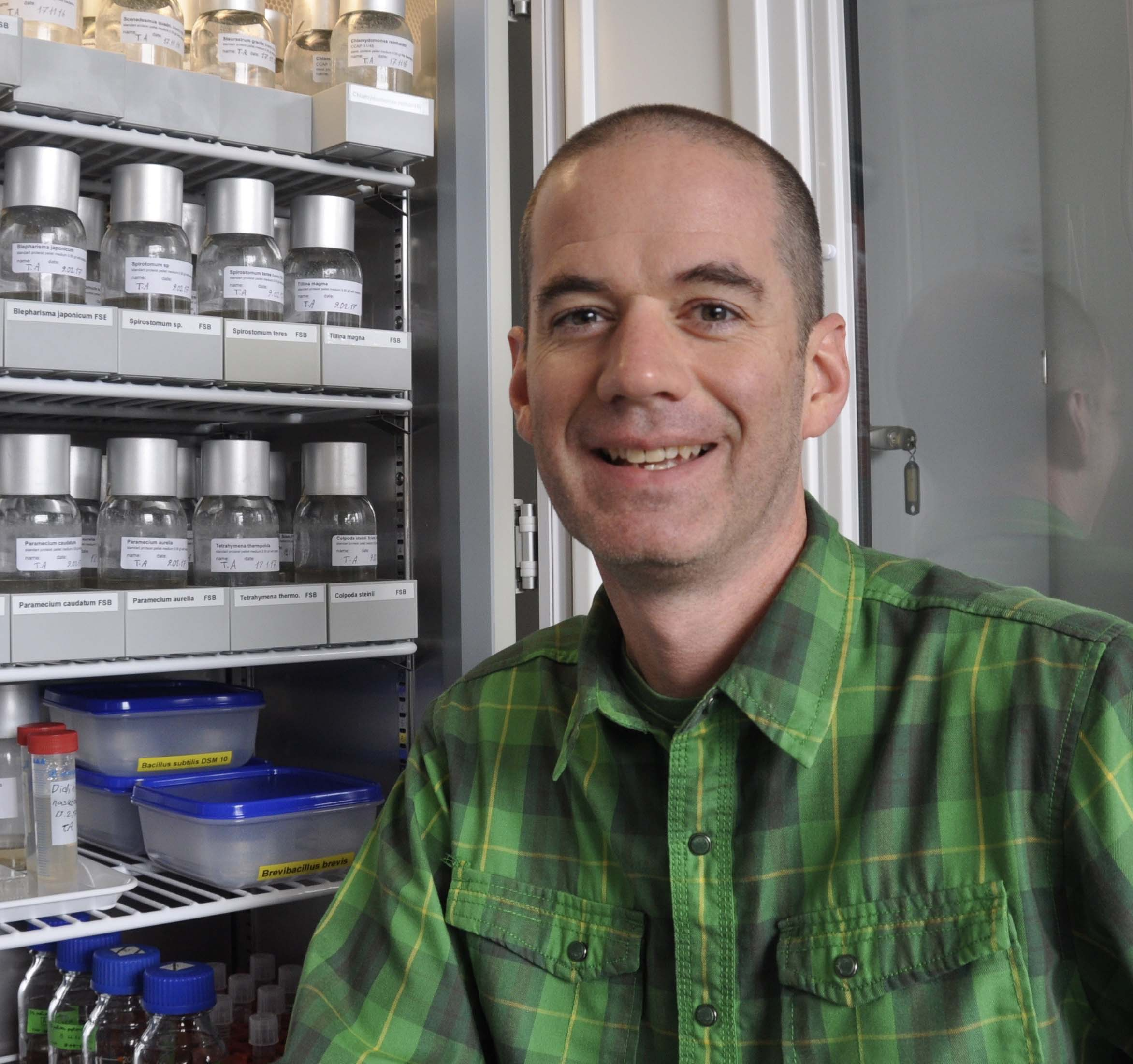SORTEE member voices – Erlend B. Nilsen
[SORTEE member voices is a weekly Q&A with a different SORTEE member] Name: Erlend B. Nilsen. Date: 9 July 2021. Position: Senior researcher / Professor. Research and/or work interests: I’m an applied quantitative ecologist, working mainly with bird and mammal populations. I’m particularly interested in human impacts (such as climate change, harvest, and land use patterns) on these species' populations, including distribution, abundance demography, and life history traits. To address these challenges, we statistical analyses of empirical dat and simulation of studies.





